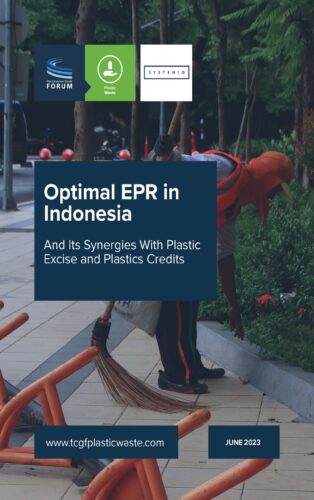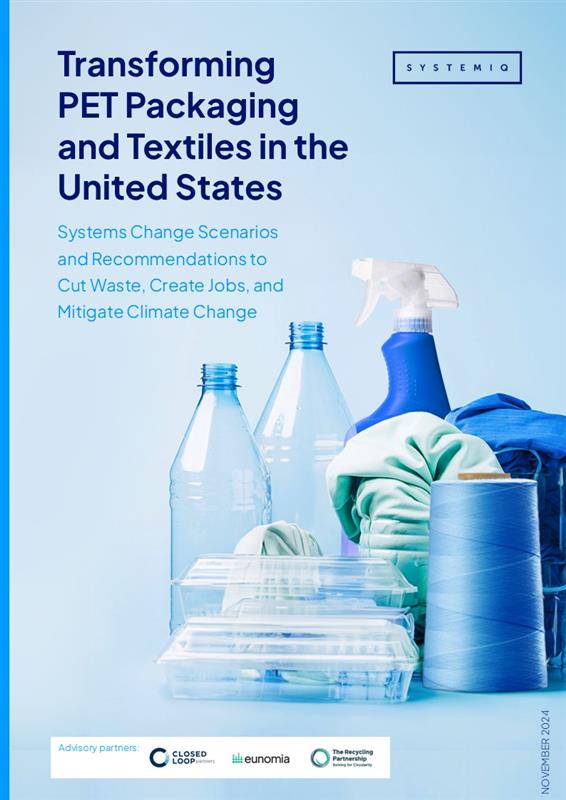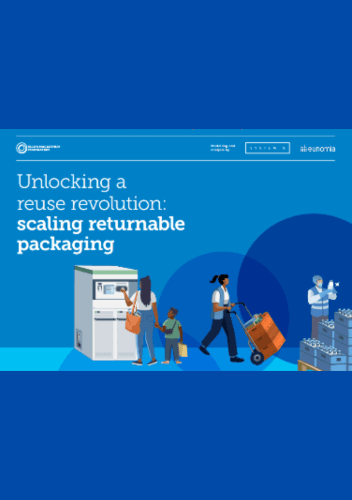Application of Optimal EPR Principles for industry funding of packaging waste collection and recycling systems
Companies play an important role in reducing (plastic) packaging pollution. In many countries, they do this via mandatory Extended Producer Responsibility (EPR) schemes, where companies that put packaging on the market contribute funding to the collection, sorting and recycling of packaging after use, with the goal of increasing collection and recycling rates.
This paper analyses the opportunities and challenges in implementing EPR in Indonesia, drawing on the Optimal EPR principles endorsed by 34 multinationals who are members of the Consumer Goods Forum Plastic Waste Coalition of Action. It concludes that optimally-designed EPR policy in Indonesia:
- can directly address the root causes of plastic pollution, thereby accelerating progress towards Indonesia’s waste management targets
- can complement existing forms of circular waste management funding
- has greater potential to reduce packaging waste and plastic pollution than plastic excise tax or voluntary plastic credits
- needs to reflect the Indonesian context in its design and implementation and must not be an exact replica of models in the Global North.




